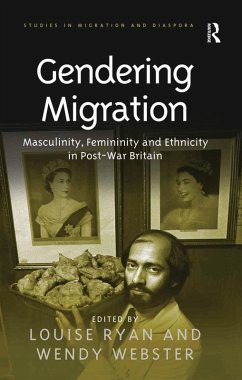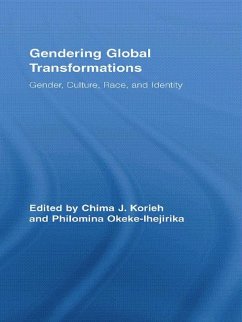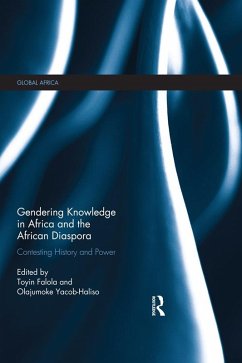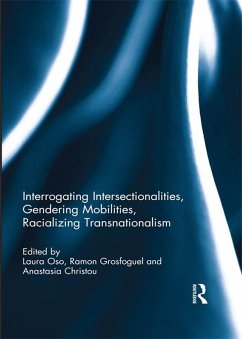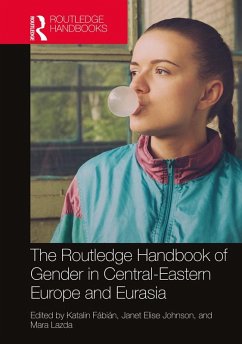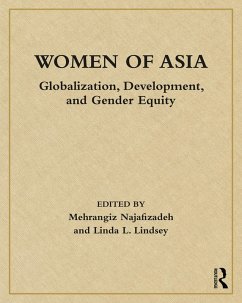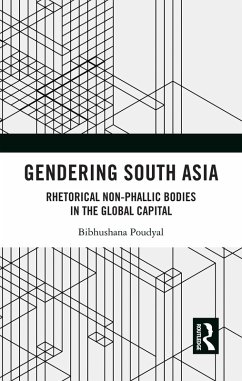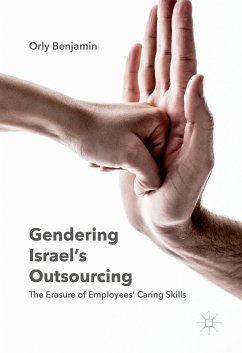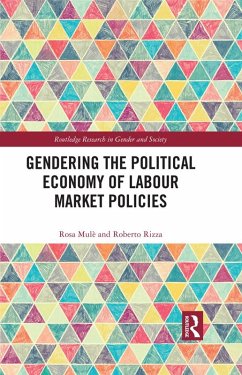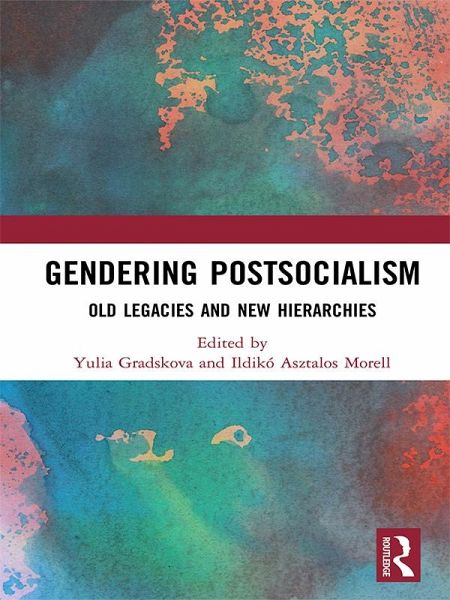
Gendering Postsocialism (eBook, PDF)
Old Legacies and New Hierarchies
Redaktion: Gradskova, Yulia; Morell, Ildikó Asztalos
Versandkostenfrei!
Sofort per Download lieferbar
42,95 €
inkl. MwSt.
Weitere Ausgaben:

PAYBACK Punkte
21 °P sammeln!
Gendering Postsocialism explores changes in gendered norms and expectations in Eastern Europe and Eurasia after the fall of the Berlin Wall. The dismantlement of state socialism in these regions triggered monumental shifts in their economic landscape, the involvement of their welfare states in social citizenship and, crucially, their established gender norms and relations, all contributing to the formation of the postsocialist citizen.Case studies examine a wide range of issues across 15 countries of the post-Soviet era. These include gender aspects of the developments in education in Kazakhst...
Gendering Postsocialism explores changes in gendered norms and expectations in Eastern Europe and Eurasia after the fall of the Berlin Wall. The dismantlement of state socialism in these regions triggered monumental shifts in their economic landscape, the involvement of their welfare states in social citizenship and, crucially, their established gender norms and relations, all contributing to the formation of the postsocialist citizen.
Case studies examine a wide range of issues across 15 countries of the post-Soviet era. These include gender aspects of the developments in education in Kazakhstan, Uzbekistan and Hungary, controversies around abortion legislation in Poland, migrant women and housing as a gendered problem in Russia, challenges facing women's NGOs in Bosnia, and identity formation of unemployed men in Lithuania. This close analysis reveals how different variations of neoliberal ideology, centred around the notion of the self-reliant and self-determining individual, have strongly influenced postsocialist gender identities, whilst simultaneously showing significant trends for a "retraditionalising" of gender norms and expectations.
This volume suggests that despite integration with global political and free market systems, the postsocialist gendered subject combines strategies from the past with those from contemporary ideologies to navigate new multifaceted injustices around gender in Eastern Europe and Eurasia.
Case studies examine a wide range of issues across 15 countries of the post-Soviet era. These include gender aspects of the developments in education in Kazakhstan, Uzbekistan and Hungary, controversies around abortion legislation in Poland, migrant women and housing as a gendered problem in Russia, challenges facing women's NGOs in Bosnia, and identity formation of unemployed men in Lithuania. This close analysis reveals how different variations of neoliberal ideology, centred around the notion of the self-reliant and self-determining individual, have strongly influenced postsocialist gender identities, whilst simultaneously showing significant trends for a "retraditionalising" of gender norms and expectations.
This volume suggests that despite integration with global political and free market systems, the postsocialist gendered subject combines strategies from the past with those from contemporary ideologies to navigate new multifaceted injustices around gender in Eastern Europe and Eurasia.
Dieser Download kann aus rechtlichen Gründen nur mit Rechnungsadresse in A, B, BG, CY, CZ, D, DK, EW, E, FIN, F, GR, HR, H, IRL, I, LT, L, LR, M, NL, PL, P, R, S, SLO, SK ausgeliefert werden.




